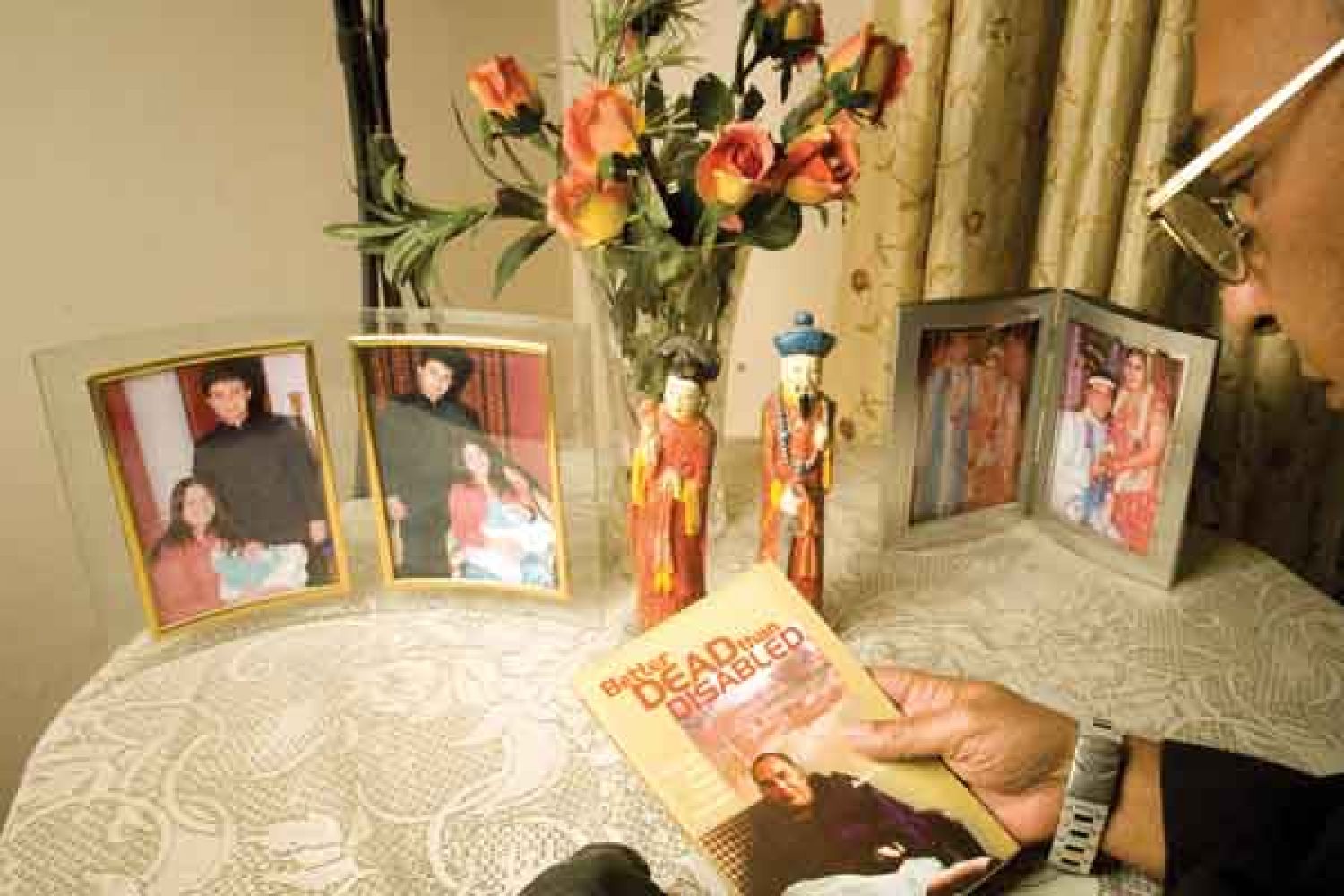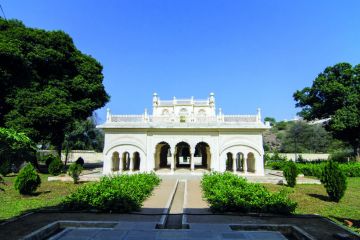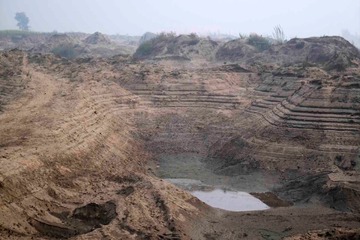
Colonel Anil Kaul, Vir
Chakra, has a striking personality. In retirement, his body has lost some of
its firmness, but behind his easy-going manner and charming smile is the steely
mentality of a soldier. The patch over his lost right eye and a black leather
casing on the stump of his left wrist add to his air of distinction.
Meeting him recently
at his ground floor flat in Gurgaon, Haryana, adjoining Delhi, was a pleasant
experience as usual, and an educative one. He makes incisive obser





